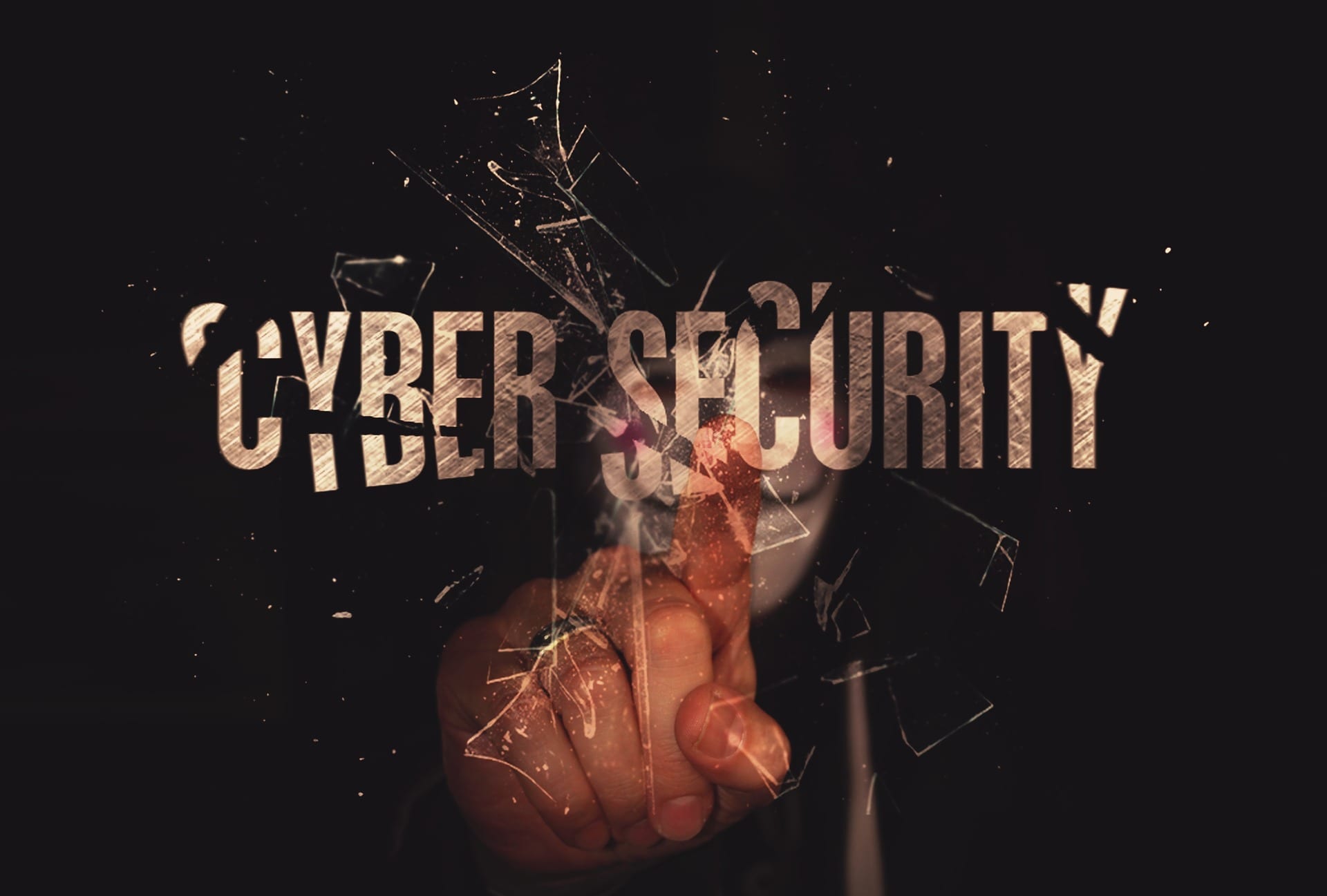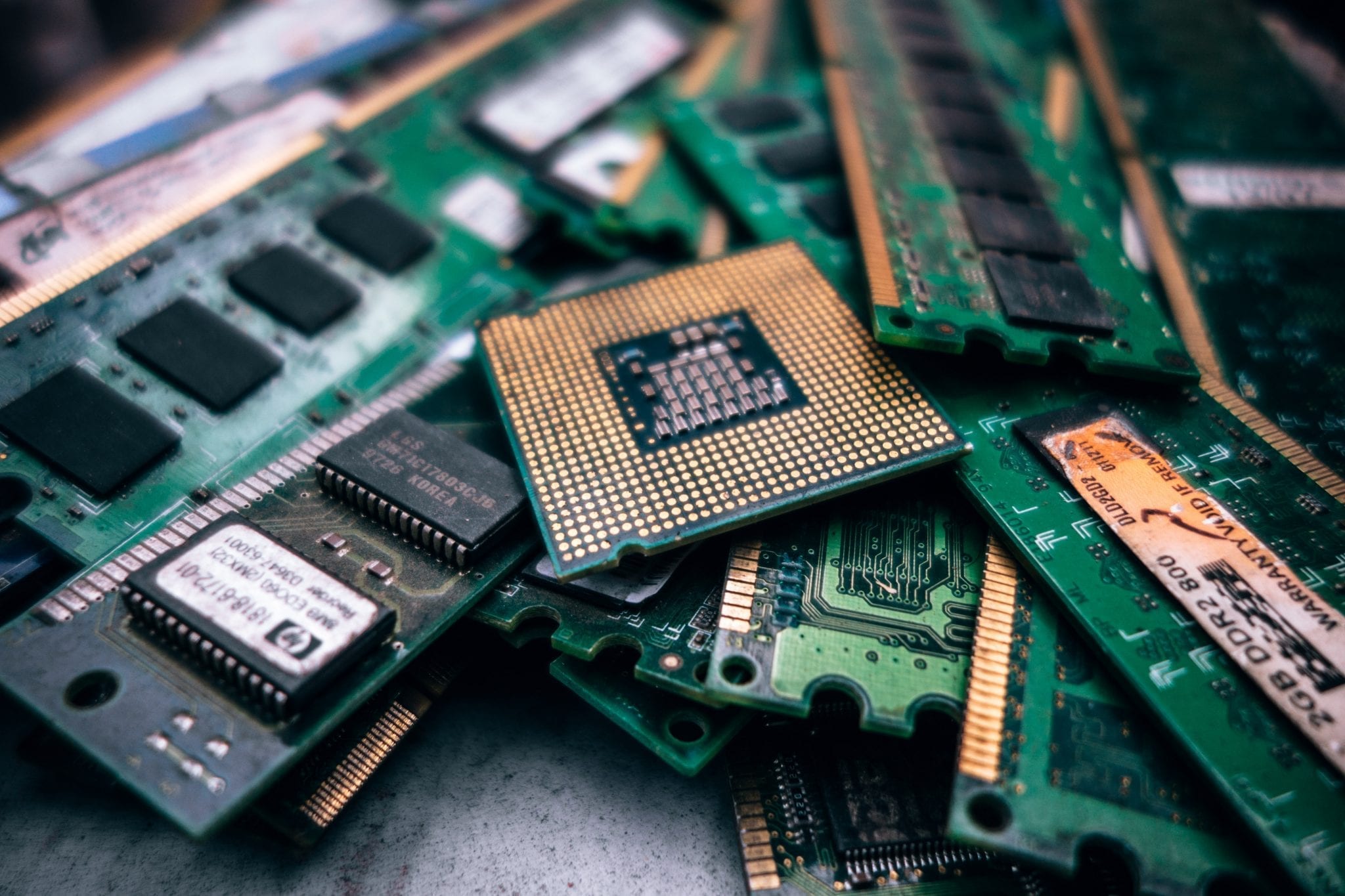On Episode 83 of The Edge of Innovation, we’re talking with hacker and security expert, Adriel Desautels of Netragard about what’s new in the cybersecurity world!

Hacking the Future of Business!

On Episode 83 of The Edge of Innovation, we’re talking with hacker and security expert, Adriel Desautels of Netragard about what’s new in the cybersecurity world!

On Episode 73 of The Edge of Innovation, we’re talking with entrepreneur Simon Wainwright, president of Freebird Semiconductor, about solving power management problems with emerging technologies.

On Episode 72 of The Edge of Innovation, we’re talking with entrepreneur Simon Wainwright, president of Freebird Semiconductor, about Gallium Nitride technology and the future of the space industry.

On Episode 71 of The Edge of Innovation, we’re talking with entrepreneur Simon Wainwright, president of Freebird Semiconductor, about how he started a company to manufacture semiconductors using GaN technology!